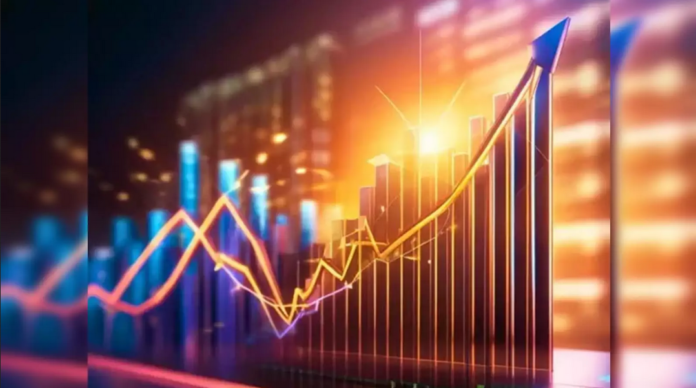Brazil, a country known for its vibrant culture and economic significance, wields considerable influence on the global stage. Central to this influence is the Brazilian Real (BRL), the nation’s currency, which plays a pivotal role in the financial landscape. For traders and investors keen on understanding Brazil’s financial trajectory, grasping how economic policies shape the BRL is crucial. This understanding can provide valuable insights for those navigating the forex trading market.
Brazil’s economic strategies are fundamentally geared towards fostering growth. These policies ripple through various sectors, including tourism, agriculture, energy, and technology, each contributing uniquely to the economic tapestry. The BRL, acting as a barometer of economic health, often responds to shifts in national policy. For instance, Brazil’s long-term investments in infrastructure have significantly bolstered its economy. Enhancements in ports, communication networks, and transportation systems not only elevate Brazil’s global standing but also stimulate economic activity by increasing consumer spending and job creation. These developments can, in turn, strengthen the BRL against other major currencies, creating potentially lucrative opportunities for forex traders.
Foreign direct investment (FDI) is another critical area influenced by Brazil’s economic policies. The country aims to attract foreign capital by streamlining the business environment and legal frameworks. As international firms expand their operations in Brazil, the demand for the BRL increases. Forex traders should pay close attention to these FDI trends, as they can have substantial implications for the currency’s value. Keeping informed about Brazil’s investment climate can provide a competitive edge in predicting currency movements.
Inflation is a perennial concern for Brazil’s economy. The Brazilian Central Bank plays a crucial role in managing inflation by adjusting interest rates and implementing fiscal measures. A stable inflation rate within the target range bolsters investor confidence, which can positively impact the BRL. Conversely, high inflation or fears of price hikes can lead to a depreciation of the currency. Forex traders must stay vigilant about Brazil’s inflation metrics and the central bank’s responses, as these factors are integral to currency valuation.
Trade remains a cornerstone of Brazil’s economic framework. The country’s diverse export portfolio, including commodities like coffee, soy, and oil, underscores its dependence on international trade. Policies governing export-import regulations, trade agreements, and tariffs can either stimulate or stifle market activity. These policy decisions directly affect the BRL’s performance in the forex market. For example, favorable trade agreements can boost export activities, enhancing the BRL’s value, while restrictive policies might have the opposite effect. Understanding these dynamics is key for forex traders looking to make informed decisions.
The digital transformation sweeping through Brazil is also reshaping its economic landscape. The rise of financial technology (fintech) and digital services is gradually digitizing the economy. Government policies supporting fintech innovations, digital transactions, and even cryptocurrencies can enhance the BRL’s appeal in the global forex arena. Measures that facilitate easier and more secure digital transactions are particularly noteworthy, as they can lead to increased confidence and usage of the BRL.
Global influences inevitably intersect with Brazil’s domestic policies. As an active participant in international coalitions like the BRICS, Brazil’s economic strategies are often adapted to global trends. Shifts in global commodity prices, oil market fluctuations, and economic cycles in major economies can prompt policy adjustments in Brazil. These global dynamics can serve as early indicators for forex traders, providing insights into potential movements of the BRL.
The Brazilian Real’s journey is shaped by a complex interplay of domestic policies and international factors. Understanding these intricacies is essential for anyone involved in forex trading. By delving into the nuances of Brazil’s economic strategies and their impact on the BRL, traders can better navigate the often volatile and unpredictable forex market. The Brazilian economy, much like its famed carnivals, presents a dynamic and multifaceted landscape where risk and reward dance in close tandem. Embracing this complexity with a well-informed approach can turn the challenges of trading the Brazilian Real into opportunities for success.
